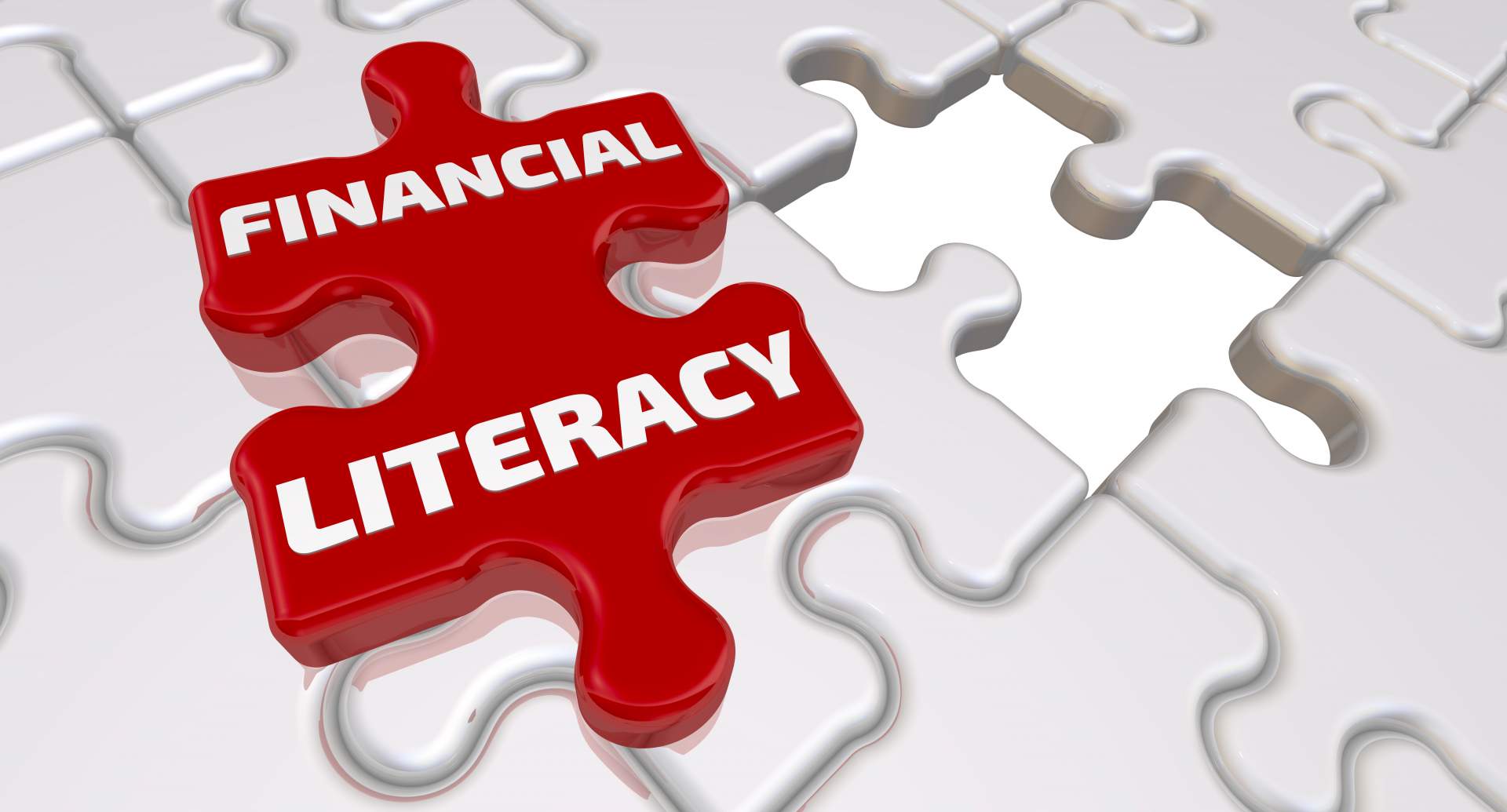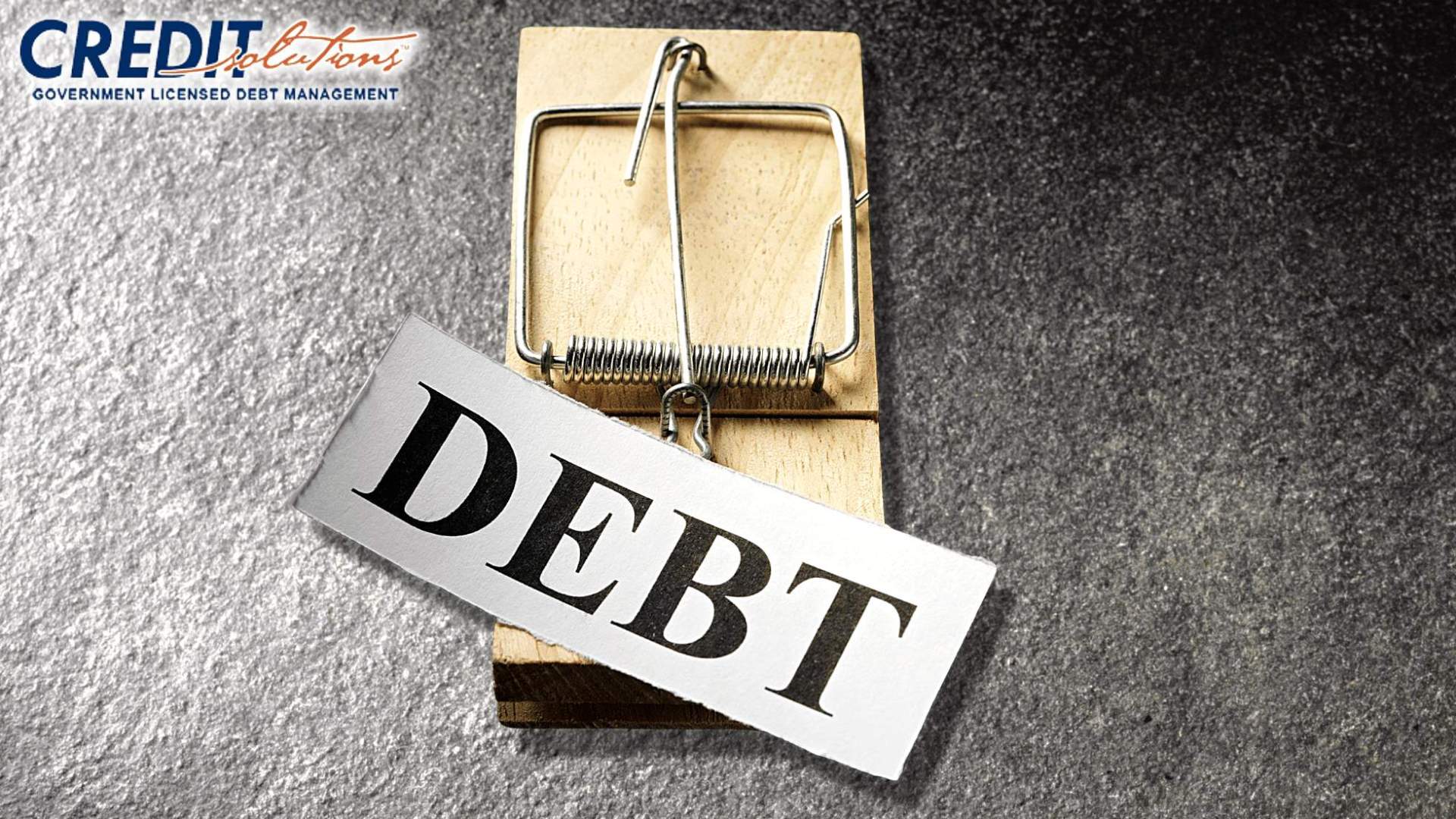Inheriting assets from a loved one can be a bittersweet experience. But what about inheriting…

Financial Literacy: The Key to Financial Well-Being
What does it mean to have good financial literacy? Being financially literate means having the knowledge to make decisions that will positively impact your financial health. As noted in the Relation between Financial Literacy, Financial Wellbeing and Financial Concerns, “the higher your financial literacy the greater your financial well-being.” Tracking spending, budgeting, saving, and borrowing responsibly are typical behaviours that characterize people of high financial literacy. Here we’ll go over how these behaviours affect financial literacy and thus, financial well being.
Controlling Your Finances With a Budget
Budgeting is a tool that can help you better understand your financial state. It creates a detailed image of your income and expenses, allowing you to allocate your resources accordingly and show you where you can save money. Moreover, according to the 2019 Canadian Financial Capability Survey (CFCS) commissioned by the Financial Consumer Agency of Canada, Canadians who budget were able to save money, manage their bills and control their monthly cashflow better than those who didn’t. This can be seen in a survey we conducted (Financial Literacy vs. Financial Well-Being And Credit-Constrained Canadians) where we questioned credit-constrained Canadians with poor credit about their financial knowledge and credit habits. We found that 66% of respondents did not budget.
Saving For Emergencies
Furthermore, in our study, respondents who portrayed signs of poor financial literacy also did not save for emergencies (72%). As expected, people who did not save were ill-prepared for emergencies or unexpected expenses. This may be why 25% of respondents who loan stacked used the additional loan to cover an emergency. Financial literacy can help people understand how to manage their money more efficiently, spend more responsibly, and ultimately save more aggressively so that they may cover unexpected expenses and emergencies without having to take on debt.
Tracking Your Spending
When you budget, tracking your spending is part of the process. Knowing where your money is going and coming from is an important part of improving your financial literacy and financial well-being. As mentioned, in our survey, respondents consisted mainly of credit-constrained individuals with low credit scores, which are telltale signs of poor financial health. That being said, our study found many did not track their spendings (43%), budget (66%), or save for emergencies (72%), key behaviours people of high financial literacy engage in.
By tracking your spending, you can learn about how your money moves and be able to identify key spending issues. Once you are aware of the issue, you can then take action to bring about good change to your financial health. For example, you may find that your social obligations are taking a huge chunk of your income or that your car expenses like maintenance, gas, and repairs cost more than you can afford. With insights like these, you can create a strategy to limit those expenses.
Understanding Borrowing Costs
There are three main factors that affect the cost of a loan: interest, loan term, and principal. Understanding how these three factors impact the cost is essential in making good borrowing decisions. Borrowing without a proper understanding of the costs can leave you with unaffordable payments, high interest, and too much debt to manage on your own.
With borrowing being an integral part of our lives as we age, it makes sense that people with high financial literacy would have a greater financial well being as they have the knowledge to make good borrowing decisions. Taking a look at our survey, we notice that only 44% of Canadians who are credit-constrained, a sign of poor financial well-being, could properly identify the factors that affect the cost of a loan. As such, being educated on these basic factors will not only help you improve your financial literacy but will, in the end, allow you to make better financial decisions.
Bottom Line
Your financial well-being can undoubtedly affect the quality of your life. Poor financial literacy can lead to poor savings, poor financial control, and overall leave you feeling defeated about your financial situation. But you can improve all this by increasing your financial literacy through good financial behaviours as mentioned. Reading and asking for advice are also important practices that can help you be more aware of how your decisions and habits affect your finances. Ultimately, gaining high financial literacy will help you manage your money responsibly and thus lead you to greater financial well-being.












